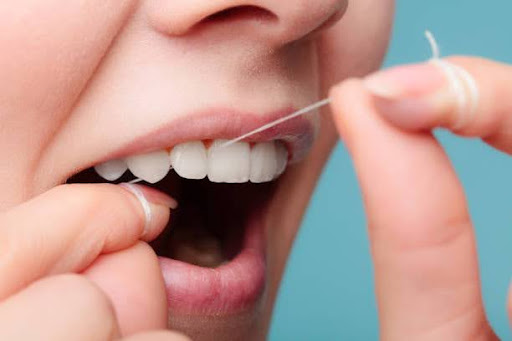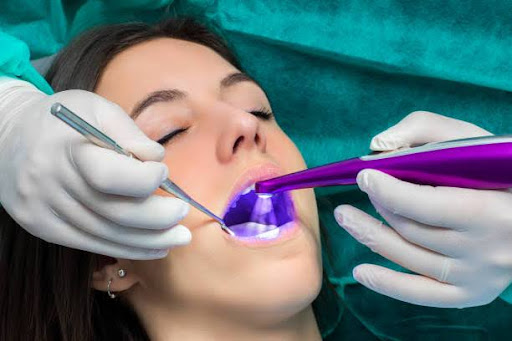
Dental sealants are a simple and effective way to prevent tooth decay, particularly on the chewing surfaces of back teeth. If your child’s dentist recommends sealants during their next visit, it’s important to understand how this procedure can benefit their oral health.
Why Get Sealants?
Sealants are a powerful tool in preventing tooth decay, especially in the back teeth where grooves and pits make thorough cleaning challenging. At Gardner Family Dentistry of Huntsville, we often recommend sealants for children and teens, though they can also be beneficial for adults.
Applied to the molars, sealants act as a barrier, protecting the enamel from plaque and acids. Studies show that sealants can prevent 80% of cavities in the first two years after application and continue to protect against 50% of decay up to four years later. Children without sealants are three times more likely to develop cavities than those with sealants.
At What Age Should Sealants Be Applied?
The first molars typically emerge around age six, with the second set appearing around age 12. Sealants are most effective when applied shortly after these teeth come through the gum line. During your child’s regular dental exam, our dentists will determine the best time to apply sealants to ensure maximum protection.
What Should I Expect?
Applying dental sealants is a quick and painless procedure. Here’s what you can expect at Gardner Family Dentistry of Huntsville:
- Cleaning: Your child’s teeth will be thoroughly cleaned.
- Preparation: A special gel is applied to the teeth to prepare the surface.
- Application: The gel is rinsed off, and the sealant is painted onto the tooth’s surface.
- Curing: A small blue curing light hardens the sealant in seconds.
What Concerns Should I Have?
Dental sealants are safe and have no known side effects. Allergic reactions are extremely rare, but if your child has any allergies, please inform our team so we can take appropriate precautions.
Next Steps
Sealants can last for several years with proper care. To maintain their effectiveness and overall oral health, regular dental visits are essential. If your child received sealants years ago, it might be time to check if they need reapplication. Scheduling an appointment with your dentist will help determine the current state of their sealants.
For more information or to schedule your next appointment, please contact Gardner Family Dentistry of Huntsville. We are committed to helping you and your family maintain healthy, happy smiles.














